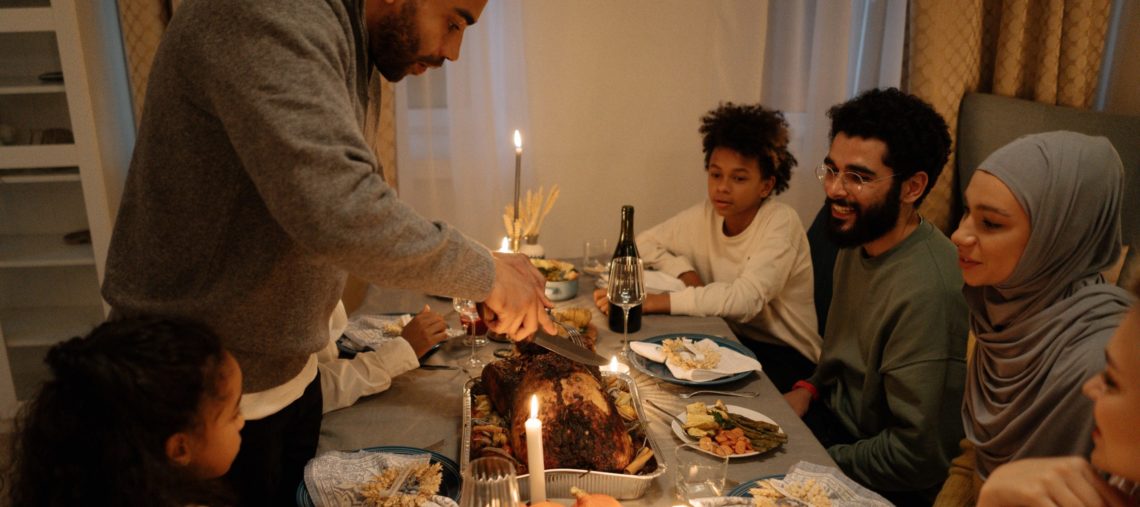
As in all families, it’s important that parents in blended families (think The Brady Bunch) develop a “we’re in this together” mindset for the health of their relationship and children.
In over 50 years of research in his classic “Love Lab” studies, Dr. John Gottman discovered the number one solution to relationship problems is to get good at repair skills. He explains that repair attempts allow a couple to get back on track after a fight and are an important way to avoid resentment.
A repair attempt is any statement or action intended to diffuse negativity and keep a conflict from escalating. This can be particularly helpful for managing conflict in blended families where different cultures, beliefs, and family histories combine.
5 Ways to Effectively Manage Conflict in Blended Families:
Approach conflict with a problem-solving attitude. Avoid trying to prove a point and examine your part in a disagreement rather than assigning blame. Don’t dig your heels in when you argue. Instead, listen to your partner’s side of the story and their requests. Then ask for clarification on issues than are unclear, or on miscommunications you may have experienced with your partner’s children. Engage in a productive conversation rather than shutting down or making a case against each other.
Use “I” statements rather than “You” statements that tend to come across as blameful – such as “I felt hurt when you didn’t answer my text” rather than “You’re so insensitive; you never think about me.” Using “I” statements is also helpful in nurturing a positive relationship with your children.
Take a short break if you feel flooded. This will give you both time to calm down and collect your thoughts so you can have a more meaningful dialogue. Set up a policy where no disapproval (or criticism) is allowed between you and your partner for at least 24 hours during times of turmoil and high stress in your family. You can say something like, “I’m going in the other room to read a book and cool off. When I get back, I hope we can talk.”
Practice the art of compromise. Establish common goals that you can agree on. Be sure to discuss any feelings you have about the issue you’re discussing, why you feel that way, and one thing you’d like to see change. Listen actively without making evaluative comments. When your partner identifies an inflexible area of a need, ask for more clarification about why it’s important to them. By compromising with your loved ones, you’re more likely to find a win-win solution.
Have a recovery conversation after an argument. Daniel B. Wile, Ph.D. believes that your focus after an argument needs to be on listening to your partner’s perspective, collaborating, building intimacy, and restoring safety and good will. Instead of focusing on your partner’s flaws, spend energy fostering a deeper connection with them.
Moving Forward as a Team
By practicing healthy conflict management, it becomes easier to repair disputes and get back on track. If you find yourself struggling, tell your partner what’s on your mind. For instance, say something like “I feel overwhelmed and frustrated right now. Can you hold me or tell me you love me?”
Most of the time, you’ll restore intimacy by being vulnerable with your partner during times of high conflict and focusing on honoring both of your needs, wishes, and dreams. Couples do best when they understand the importance of having a strong relationship that acts as the foundation for the family’s happiness.
Want research-backed tips on parenting delivered straight to your inbox?
The Gottman Parenting newsletter is a comprehensive, inclusive resource for parents of children in all ages and stages. Join us as we tackle modern parenting challenges, explore the latest parenting research, and more.

